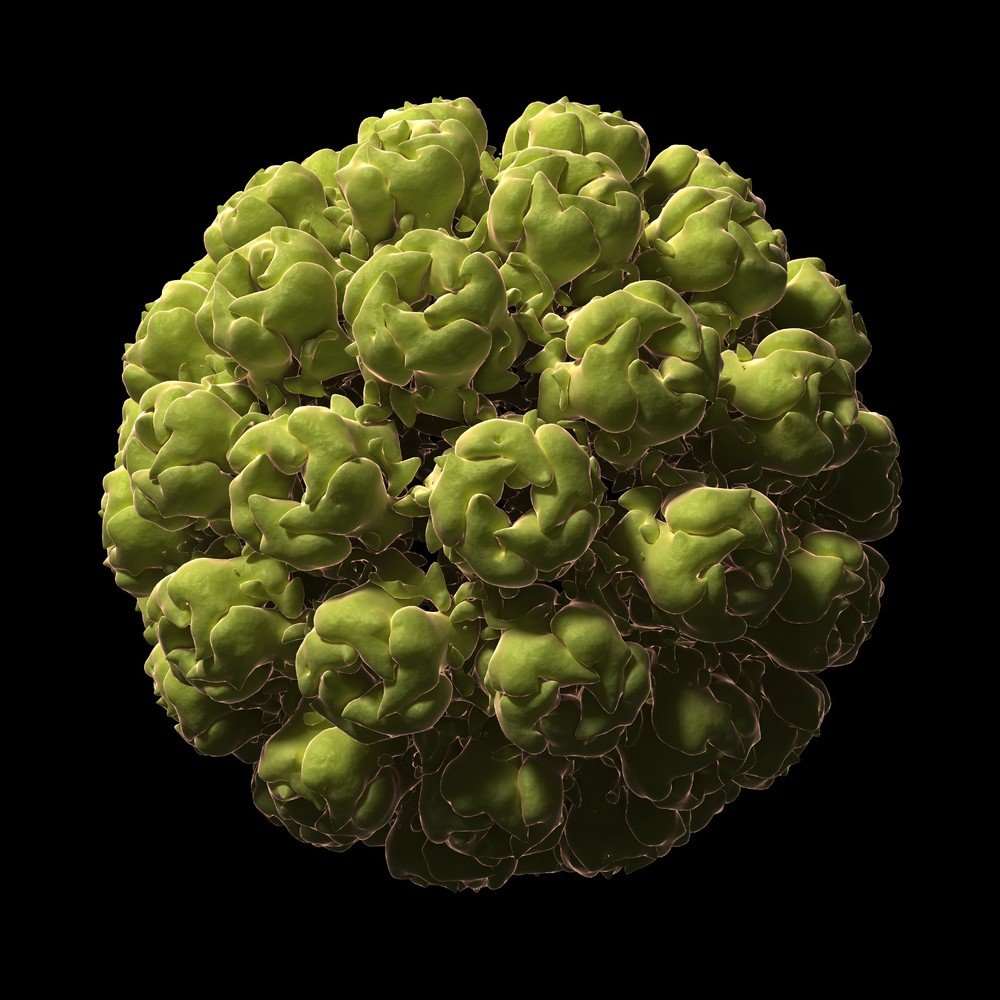Study Demonstrates Polioviruses’ Ability To Treat Brain Cancer
A compelling study by researchers at the Duke University delves into how a patient’s own immune system can be used to attack brain cancer cells. The team has now confirmed the latest results from their previously reported experiment involving brain tumors. The study showcases how engineered human stem cells can be deployed to identify cancer cells and travel toward them. The engineered stem cells could be used as delivery mechanisms that carry a deadly payload of medications targeting the cancer cells without harming healthy human tissue.
“We have had a general understanding of how the modified poliovirus works, but not the mechanistic details at this level,” said co-senior author Matthias Gromeier, MD, a professor in the Duke Department of Neurosurgery who developed the therapy. “This is hugely important to us. Knowing the steps that occur to generate an immune response will enable us to rationally decide whether and what other therapies make sense in combination with poliovirus to improve patient survival.”
The research team elucidated how the poliovirus works not only to attack cancer cells directly, but also to trigger a longer-lasting immune response that appears to inhibit regrowth of the tumor.
Led
by Matthias Gromeier and Smita Nair, the research team studied the impact of introducing the modified virus, known as a recombinant oncolytic poliovirus (PVS-RIPO), to two human cancer cell lines: melanoma and triple-negative breast cancer.In the course of the study, researchers found that the modified poliovirus therapy starts by attaching to malignant cells, which have an abundance of CD155 protein, the protein is otherwise known as the poliovirus receptor. The modified virus then begins to attack the tumor cells, directly killing many, but not all. This releases tumor antigens.
The second phase of assault involves killing the tumor cells through modified poliovirus triggers an alarm within the immune system, alerting the body’s defenses to go on the attack.
This appears to occur when the modified poliovirus infects dendritic cells and macrophages. Dendritic cells then present tumor to T cells to launch an immune response. Once the 
In fact, combining modified viruses with other immune-boosting treatments is an idea that’s gaining steam in oncology. Several other viruses are being studied for their anticancer effects, including Zika, which may also prove useful against brain cancer.
While the results of the clinical trials already suggested that PVS-RIPO was a promising new treatment option, the Duke team’s research adds an entirely new dimension to its potential as a weapon against cancer.
“Not only is poliovirus killing tumor cells, it is also infecting the antigen-presenting cells, which allows them to function in such a way that they can now raise a T-cell response that can recognize and infiltrate a tumor,” Nair explained in a press release. “This is an encouraging finding, because it means the poliovirus stimulates an innate inflammatory response.”
Future studies aim to uncover more details about how the immune system’s activity changes after it is exposed to the modified poliovirus.






























